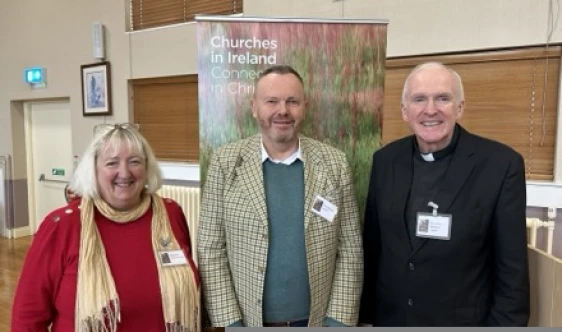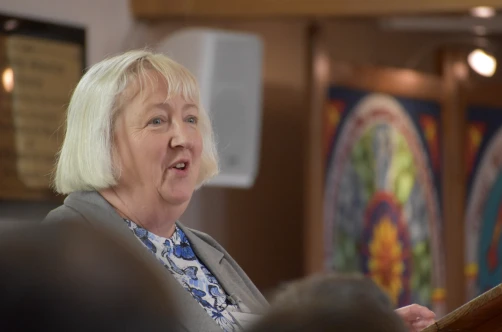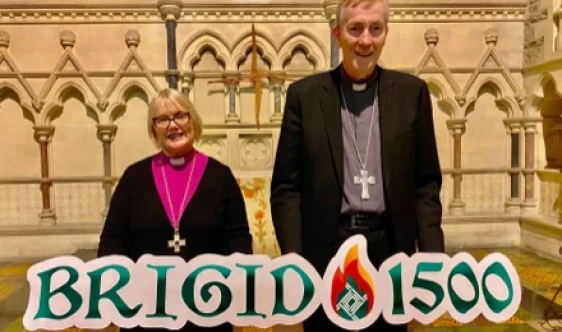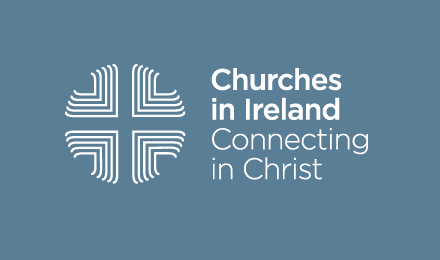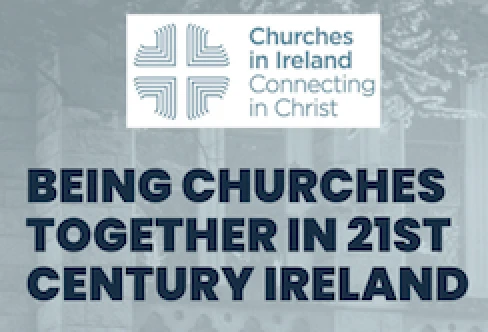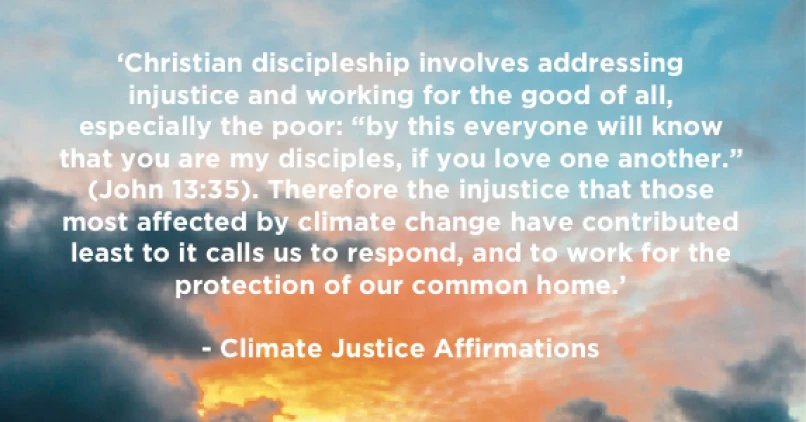
I’m sure you will have heard stories about so–called ‘neighbours from hell’, or maybe you’ve been unfortunate enough to live beside one.
It might be late night parties, rubbish thrown over the garden fence or overgrown trees and hedges blocking out light. It could be annoying noise pollution, such as the case of a man from Staffordshire, England who was evicted after neighbours complained of him playing ‘Frosty the Snowman’ at full volume throughout the summer. These inconsiderate actions can make life miserable for those living nearby who are forced to take the brunt of their negative impacts.
As Christians we are called to be a different kind of neighbour, a ‘neighbour from heaven’ perhaps? Jesus commanded us as his disciples to “love one another” (John 13:35) and to “love your neighbour as yourself” (Mark 12:31). I hope that our next–door neighbours are not living in despair due to the incessant sounds of ‘Frosty the Snowman’! But, what about our global neighbours, are we having a negative effect on their lives?
It is now beyond any doubt that climate change has been caused by historic and continuing greenhouse gas emissions, predominantly produced by some of the richest nations on earth. We must face the fact that, whether inadvertently or deliberately, we have been bad global neighbours and poor stewards of the earth.
The extraction and burning of fossil fuels that built our economy, secured our wealth and which continues to power our lifestyles is a cause of misery for our global neighbours who are now facing the devastating effects of climate change.
The rich world’s addiction to fast food, cheap fashion, budget flights, disposable cups, upgradeable technology, single–use plastic and a meat–rich diet have all contributed to the climate crisis. The cost of our convenience and our carelessness with the earth has been at the expense of the poorest people who have done least to contribute to climate change. This is the injustice of climate change, that those living in grinding poverty with no access to electricity, little food and no hope of ever going on a budget airline holiday are the ones facing the consequences of our consumerist lifestyles.
A recent Christian Aid report highlighted the financial cost of 10 of the most expensive climate–related weather events in 2018, each of which cost more than US$1 billion and four of which cost more than US$7 billion each. However, in many developing countries the human cost is far higher than the financial cost and Christian Aid partners are seeing first–hand the impact climate change is having on the poorest; from reduced harvests, conflict over scarce water resources, displacement caused by drought, sea–level rise and the spread of diseases, such as malaria.
The Irish Council of Churches recognises the injustice of climate change’s disproportionate impact on the poor through the words of the following Climate Justice Affirmation:
‘Christian discipleship involves addressing injustice and working for the good of all, especially the poor: “by this everyone will know that you are my disciples, if you love one another.” (John 13:35). Therefore the injustice that those most affected by climate change have contributed least to it calls us to respond, and to work for the protection of our common home.’
When we see injustice in the world, we are called to respond. To demonstrate by our words and actions God’s love for His world and for all people created in His image. In the Encyclical Letter ‘Laudato Si’, Pope Francis quotes one of his predecessors, Blessed Pope Paul VI, who in 1971 referred to the ecological crisis as “a tragic consequence of unchecked human activity”. As Christians our human activity can never be allowed to go unchecked, we must always check our actions by the measure of love. Are we living in a way that demonstrates love for one another and for our global neighbours? If by our action or inaction we are knowingly causing others to suffer then justice demands we reconsider our actions.
It is for this reason that many Christian people are joining the growing global climate justice movement. They are speaking out and seeking to live differently in order to reduce the negative effect of climate change on our neighbours. With the encouragement and support of organisations like Eco–congregation Ireland, Christian Aid, Trócaire and Tearfund, churches are reducing energy use, cutting down on waste, providing habitats for birds and insects, cutting out plastics and teaching their members to value and protect God’s creation.
As well as lifestyle change to mitigate the impact of climate change we also need to put pressure on those in authority to implement policies, which will urgently cut greenhouse gas emissions. They must also provide finance to help the poorest countries to adapt to the negative effects of climate change they are already experiencing. Poor countries shouldn’t be expected to bear the financial costs of climate–related disasters they did little to cause.
If we as churches and individual Christians are serious about following Jesus’ command to love our neighbours as ourselves then it follows that we would lend our support to the movement for climate justice. We must speak out for justice for those worst affected and least responsible and we must seek to adjust our own lifestyles to ensure that our actions towards our fellow global citizens are those of ‘neighbours from heaven’ rather than ‘neighbours from hell!’
